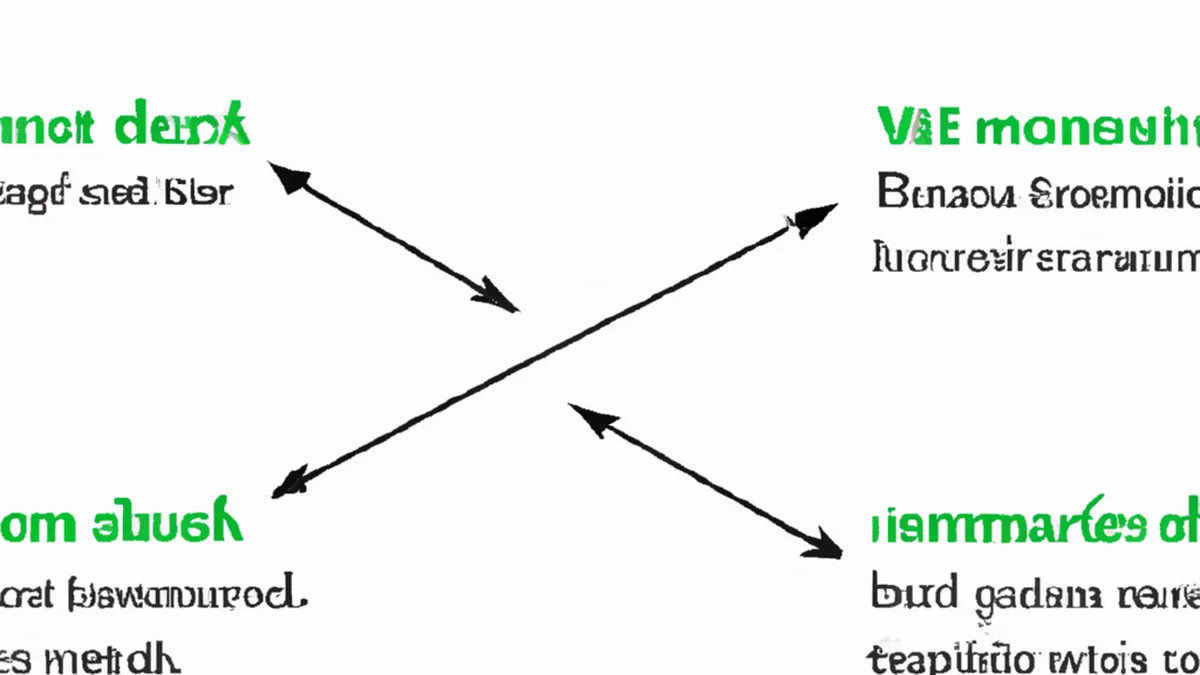Comparing Dance Cardio Styles for Optimal Outcomes
Analyzing the Effectiveness of Different Teaching Styles in Dance Cardio Fusion
Dance cardio fusion combines rhythmic dance with high-energy cardio workouts. This approach appeals to diverse learners and fitness enthusiasts. It allows creative expression while providing a robust cardiovascular workout. The effectiveness of dance cardio fusion classes largely depends on the instructor’s teaching style. Analyzing these styles enhances class effectiveness, student engagement, and retention. This blog post explores how to analyze teaching styles in dance cardio fusion, highlighting strengths, weaknesses, and practical tips for instructors.
Understanding Different Teaching Styles
Dance cardio fusion features varied teaching styles, reflecting instructors’ personalities and philosophies. Understanding these styles is crucial for effective analysis.
The Motivational Instructor
Motivational instructors bring infectious energy to classes. They use upbeat music, dynamic choreography, and positive affirmations to engage students. This style emphasizes enthusiasm, encouragement, and a fun atmosphere. Students often feel inspired to push limits and enjoy workouts.
However, this style may overlook technical dance aspects. Some students might struggle to keep up or lack feedback on form and technique, which is essential for injury prevention and effectiveness.
The Technical Instructor
Technical instructors prioritize form and technique. They break down movements into manageable steps, ensuring students understand dance mechanics. This approach promotes safe and effective learning, providing a solid foundation in dance fundamentals. Technical instructors emphasize posture, alignment, and muscle engagement, leading to better long-term results.
However, this style may lack the high energy and excitement some students seek. If the atmosphere feels too serious, students might feel less motivated to participate.
The Hybrid Instructor
Hybrid instructors blend motivational and technical styles. They create an energetic environment while emphasizing safe practices and proper technique. This balance caters to a wider range of students, appealing to those who thrive on motivation and those seeking deeper understanding. The hybrid approach energizes the room while ensuring safe and effective movements.
Tips for Analyzing Teaching Styles
To effectively analyze teaching styles in dance cardio fusion classes, consider these tips. These strategies help identify strengths and weaknesses in various approaches, leading to more effective instruction.
Observe Class Dynamics
One effective way to analyze teaching styles is to attend different dance cardio fusion classes. Pay attention to instructors’ interactions with students.
Conclusion
In summary, understanding different teaching styles in dance cardio fusion enhances class effectiveness and student enjoyment.
Below are related products based on this post:
FAQ
What are the different teaching styles discussed in the blog post?
The blog post discusses three main teaching styles in dance cardio fusion: the Motivational Instructor, the Technical Instructor, and the Hybrid Instructor. The Motivational Instructor focuses on energy and enthusiasm, the Technical Instructor prioritizes form and technique, and the Hybrid Instructor blends both styles to create a balanced environment.
How does the Motivational Instructor’s style impact students?
The Motivational Instructor’s style creates an engaging and fun atmosphere, which can inspire students to push their limits and enjoy their workouts. However, this approach may sometimes neglect technical dance aspects, potentially leading to challenges for students regarding form and technique.
What are some tips for analyzing teaching styles in dance cardio fusion classes?
To analyze teaching styles effectively, it is beneficial to attend various dance cardio fusion classes and observe the dynamics between instructors and students. Paying attention to how instructors interact, their teaching methods, and the overall class atmosphere can help identify strengths and weaknesses in different approaches.















Post Comment